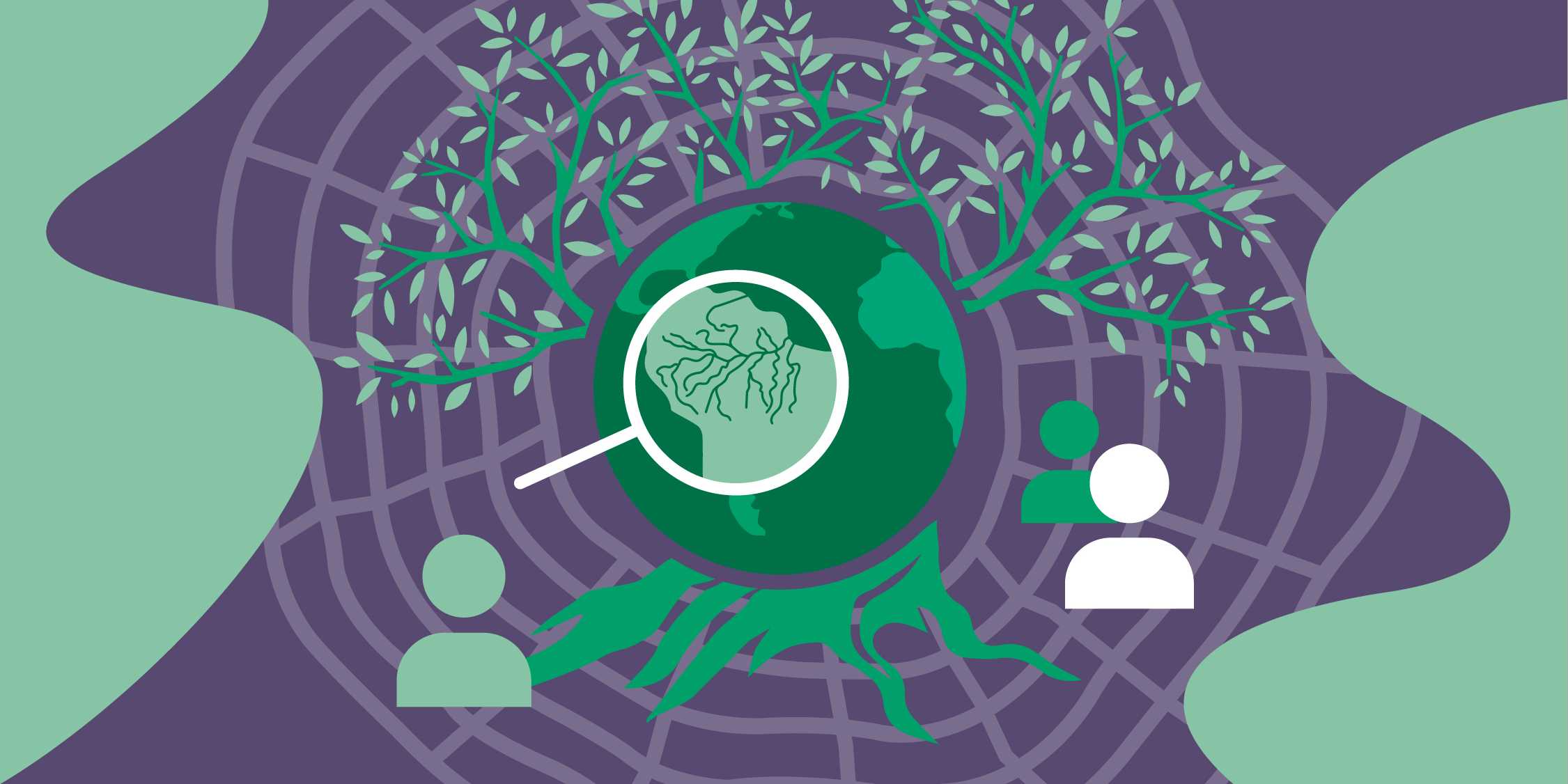
Application window CAS ETH in Regenerative Systems: Sustainability to Regeneration open until 31 May 2023
Learn more diverse, creative and organic ways to deal with complex societal challenges and nested crises – for designing resilient regenerative systems (DRRS). Get new tools and techniques to adaptively cope with sudden surprises or challenges, and to reveal hidden opportunities.
In a nutshell
The CAS ETH in Regenerative Systems: Sustainability to Regeneration hybridizes science, design and transformative praxis in order to create positive impact in complex systems in times of nested crises. Exciting real-world, living illustrations take participants to partnering real-world labs and bio-regional learning centers, i.e. MonViso Institute in Italy, for embodying complex systems across multiple governance scales. This opens for a relational understanding across system types and dynamics.
Content
The programme is organized in six thematic modules, corresponding to and expanding from its introducing MOOC, and guided by the QUEST. The QUEST is a concept for guiding participants on their individual learning journey in complexity. Central to the programme is the real-world immersion trip in the Italian Alps for embodying complex systems across multiple governance scales. This opens for a relational understanding across system types and dynamics. The course modules and themes are as follows:
- Introduction to the programme, the learning cohort, your QUEST, the field design trip
- Module 1: Global crises to local interventions
Navigating nested crises; societal and individual root causes; solutions or interventions; transformation and transition - Module 2: Sustainability to Regeneration
Sustainability origins and mental models; sustainability science; regeneration across contexts and scales; from cells to ecosystems to societal to personal regeneration; regenerative AI - Module 3: Worldviews
Different ways of knowing and reasoning; science; warm data; design - Module 4: Reframing complexity
Complexity, simplicity, reframing; weaving
- Module 5: Design as nature
Ecosystems functions; deep ecology; we are nature; biomimicry; bio-infused communication; nature finance - Module 6: Mind and movement
Flow experiences; self-compassion; meditative nature practice; self agency; mountaineering metaphors; regenerative leadership; organic emergence; systemic cycles
Structure
The CAS builds upon the MOOCs content structure and can be studied virtually from wherever one lives, in a pace that one can combine with professional and private life. After an introduction week the course engages in a 10 days real-world design field trip to the MonViso Institute, Italy, including a serious game development and a Systemic Cycles multiple day bike tour. The distinctive physical, in-person component adds the real-world facets with all their unmatched qualities to the flexible virtual part, and makes it hybrid.
Duration-Time-Expense-Language
The CAS takes about three months. It starts September 4th 2023 with a virtual intro week, then Sept 10-20 is the physical field design trip to Italy, followed by six modules with two weeks each. The programme finishes December 15th. There are two breaks with one week each – Sept 25-29 to travel after the field trip, and Oct 30-Nov 3 as a general break. So the total program time is 15 weeks, whereof 13 weeks are actual course time. Each module with two weeks has one live meeting of about 2h each week, Tuesday evening 8-10pm (Zurich time). The further content is self-paced and by individual arrangements. It partly depends on the participant’s engagement level and QUEST – we account for roughly 2h/day, w/o counting the weekend, for the basic load. For the successful completion of each CAS, 12 ECTS credits are awarded. The teaching language is English.
Perspectives
The CAS is systemic, diverse, inclusive in terms of topics, ways of reasoning, methods, data types, systems scales, focal areas, and cultures. The inclusiveness of this unique programme allows for engineers, economists, biologists, activists, service designers, teachers, permaculture designs, farmers, tourism managers, architects and city mayors, from different positions, ages, cultures, to expand on their fields by learning and co-creating with synergistic stimulation and exchange.
For more information please visit the CAS programme website with its downloadable educational magazine.